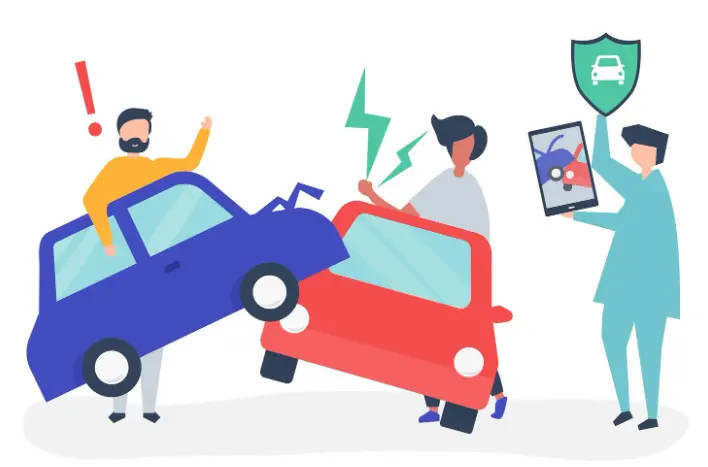You could be the most careful driver out there and still end up in an accident. In the moment, it’s normal to feel disoriented or overwhelmed, but the steps you take immediately afterward can have a huge impact on your health, safety, and any future legal claim.
Whether it’s a minor fender bender or a serious collision involving a huge truck, knowing what to do can help protect you from added stress down the road. If the crash involved large vehicles, having the right team and tools by your side can make all the difference. Here are eight important tips to follow.
1. Prioritize Safety
First things first, check yourself and passengers (if any) for injuries. If anyone is seriously hurt, call 911 or the emergency number for your location right away. If it’s safe and possible, move your vehicle out of traffic to prevent additional accidents or issues on the road. Your and your passengers’ safety matters most, so don’t treat it as an afterthought.
2. Call the Authorities
Even if the accident seems relatively minor, it’s best to call the police for an official report. Doing so gives you a neutral record of what happened, which can be crucial later when dealing with insurance companies. Similarly, if you choose to pursue legal action, that report will be invaluable as supporting evidence.
3. Consult a Lawyer
If your accident involved serious injuries, a commercial truck, or complex liability issues, it’s wise to get legal advice and help. A specialized lawyer with experience and knowledge of local laws and regulations can help make the claims process easier for you. For instance, if the accident occurred in California and involved a truck, look for a California truck accident lawyer to make sure your rights are protected.
4. Exchange Information
Make sure to swap names, contact details, driver’s license numbers, license plates, and insurance information with the other driver. Keeping all relevant details with you keeps things smooth and legal processes faster. Stay polite when interacting with the other party, but avoid admitting fault at the scene. It’s too early to know all the facts.
5. Document Everything
If possible, take pictures of the vehicles involved in the crash, the damage sustained, your injuries, road conditions, and any other relevant details. These photos can serve as powerful evidence later, especially if you choose to file a claim or file for compensation.
6. Gather Witness Details
If bystanders or eyewitnesses saw the crash, ask for their contact details. Independent witness accounts can help back up your version of events if disputes arise later.
7. Seek Medical Attention
Even if you feel fine, some injuries like whiplash or neck strain don’t show symptoms right away. Getting checked by a doctor creates an important medical record that links your injuries to the accident, providing valuable evidence for your claim.
8. Notify Your Insurance Company
Report the accident as soon as possible, but stick to the facts. Avoid speculating or downplaying your injuries. Keep the details straightforward and leave the negotiations for later.
Conclusion
Accidents are unpredictable, but your response doesn’t have to be. By following these eight essential steps, you’re not just protecting your physical well-being. You’re also laying the groundwork for a smoother recovery, both legally and emotionally. Whether you’re dealing with a minor scrape or a major collision involving commercial vehicles, having a clear plan empowers you to act with confidence. From securing medical care to consulting the right legal experts, every decision counts. So take a breath, stay focused, and remember: preparedness today can spare you stress tomorrow.
Also Read-How to Successfully Sell Your Car in Perth







